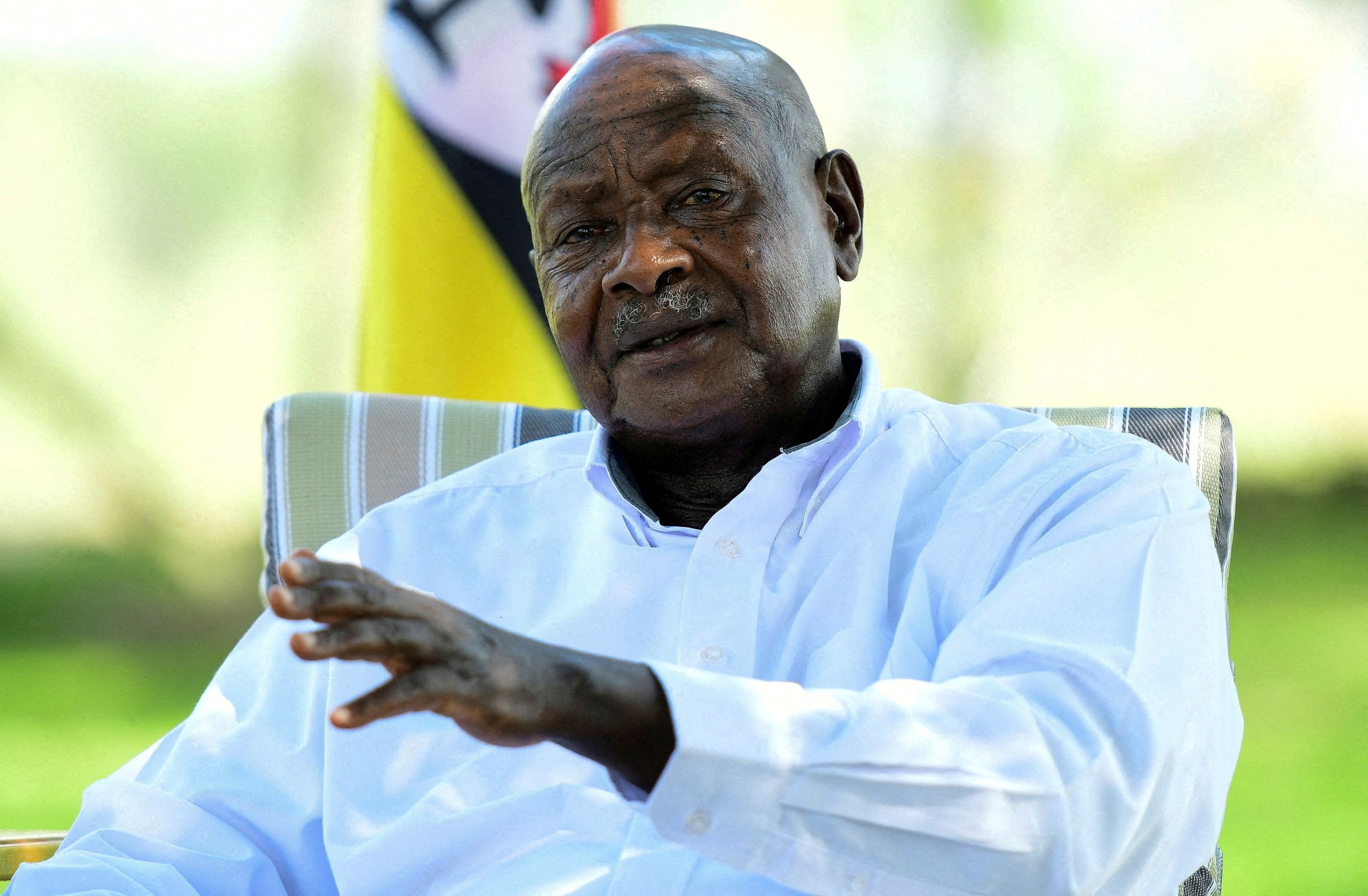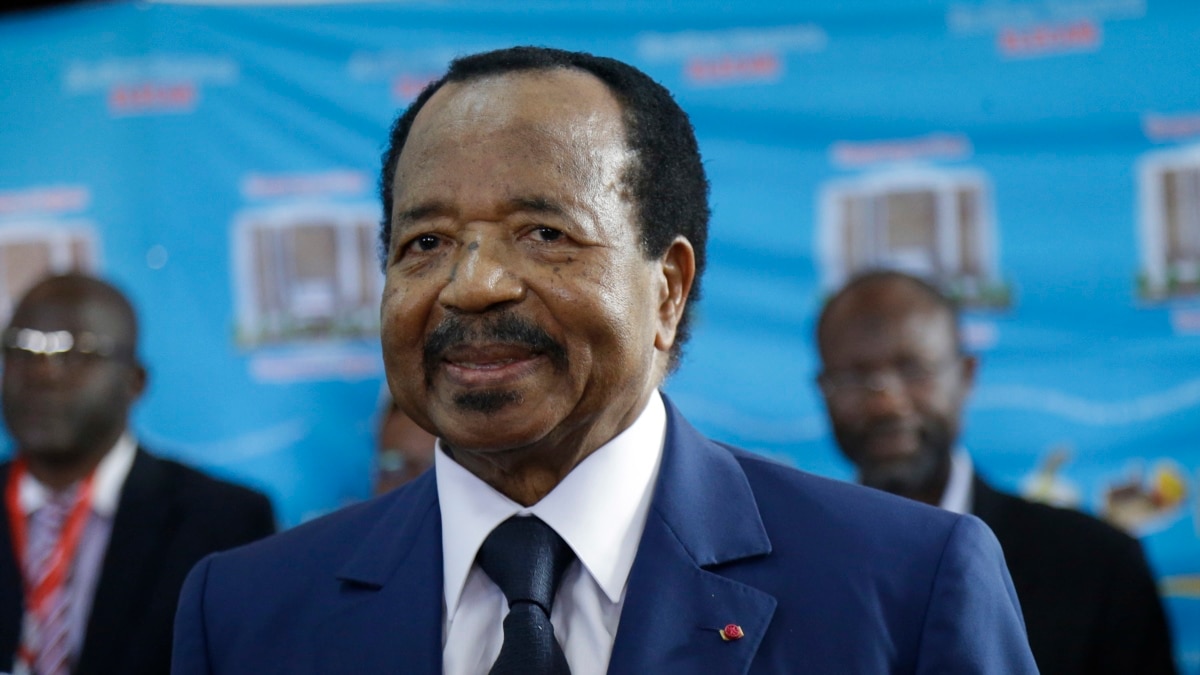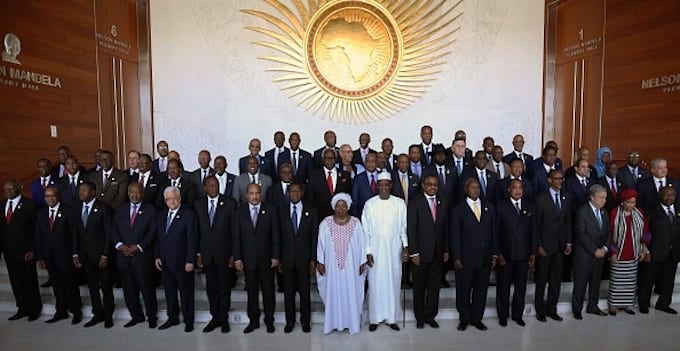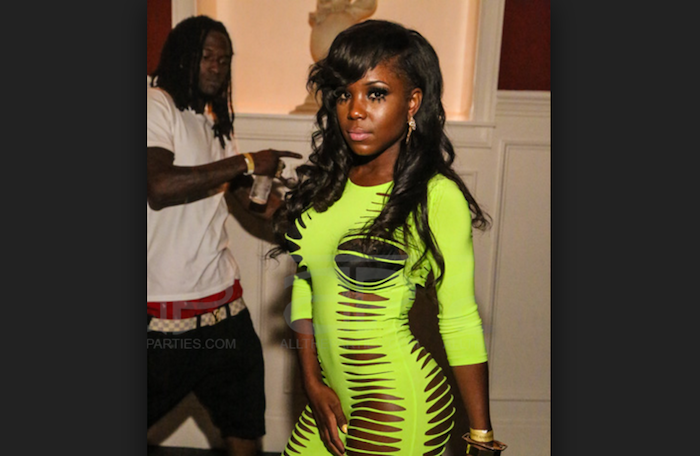Across Africa, humor has become a tool to cope with and critique governance, especially when policies are perceived as unjust or ineffective.
From street protests, like the Gen Z-led demonstrations in Kenya this summer, to the three-day marches against corruption and illegal mining in Ghana, Africans have expressed dissatisfaction in various ways.
Social media movements like Nigeria’s #EndSARS have also defined generational calls for accountability. Adding a lighter twist to this resistance is the use of nicknames for sitting presidents—an artful combination of humor and critique.
Nicknames often highlight a president’s flaws, serving as both a cultural coping mechanism and a sharp commentary on governance. In countries like Nigeria and Ghana, humor becomes a lens to dissect and understand leadership missteps, making the struggles of daily life more bearable.
Nicknames Given to African Presidents
Nigeria – Bola Ahmed Tinubu: T-Pain

Nigerians have dubbed their president, Bola Ahmed Tinubu, T-Pain, a witty twist on the American singer-producer’s name. While it may sound playful at first, the nickname reflects deep dissatisfaction. It symbolizes the economic hardship under Tinubu’s administration, encapsulating the record-high levels of poverty and struggle experienced by Nigerians today. Through this name, humor becomes a vehicle for both laughter and biting criticism.
South Africa – Cyril Ramaphosa: Cupcake

South Africans call President Cyril Ramaphosa Cupcake. The nickname emerged after a video of him joyfully smiling in a helicopter went viral, starkly contrasting the scandals and allegations of corruption surrounding his administration. Like a cupcake—cheerful and sweet on the surface but regrettable in excess—Ramaphosa’s leadership has left many South Africans disillusioned.
Uganda – Yoweri Museveni: Bosco Katala

Yoweri Museveni, Uganda’s president since 1986, has earned the nickname Bosco Katala. While Museveni is often credited for ending two oppressive regimes, his governance has been marred by authoritarian tendencies, including human rights violations such as the introduction of a harsh anti-LGBTQ+ law. Bosco Katala loosely translates to an “uncultured person” in Luganda and symbolizes the regressive nature of his policies and his administration’s failure to address the country’s socio-economic challenges.
Kenya – William Ruto: Zakayo

In Kenya, President William Ruto is called Zakayo, a shortened version of Zacchaeus, the biblical tax collector. This nickname gained traction during protests against a tax hike that worsened the already high cost of living. It highlights public frustration with Ruto’s frequent tax policies, perceived as burdensome to Kenyans struggling with debt and economic instability.
Cameroon – Paul Biya: President of the Hotel InterContinental

Cameroon’s Paul Biya, in power for 48 years, has been called many names, including Demolition Man, His Royal Highness, and The Mummy. One of his more recent and cutting nicknames is President of the Hotel InterContinental, referencing his frequent stays at the luxurious Geneva-based hotel. This moniker underscores the disconnect between Biya’s lavish lifestyle and the realities of governance in Cameroon, where elections have been marred by violence, and concerns over his health and leadership capacity have grown.
The Role of Humour in Governance
These nicknames are more than jokes—they are cultural artifacts that encapsulate public sentiment and serve as tools for critique. They reflect the resilience of African societies in the face of challenges and highlight the creative ways people navigate and resist oppressive systems. Through humor, Africans confront the absurdities of governance, preserving a sense of agency and solidarity in the process.



































Discussion about this post